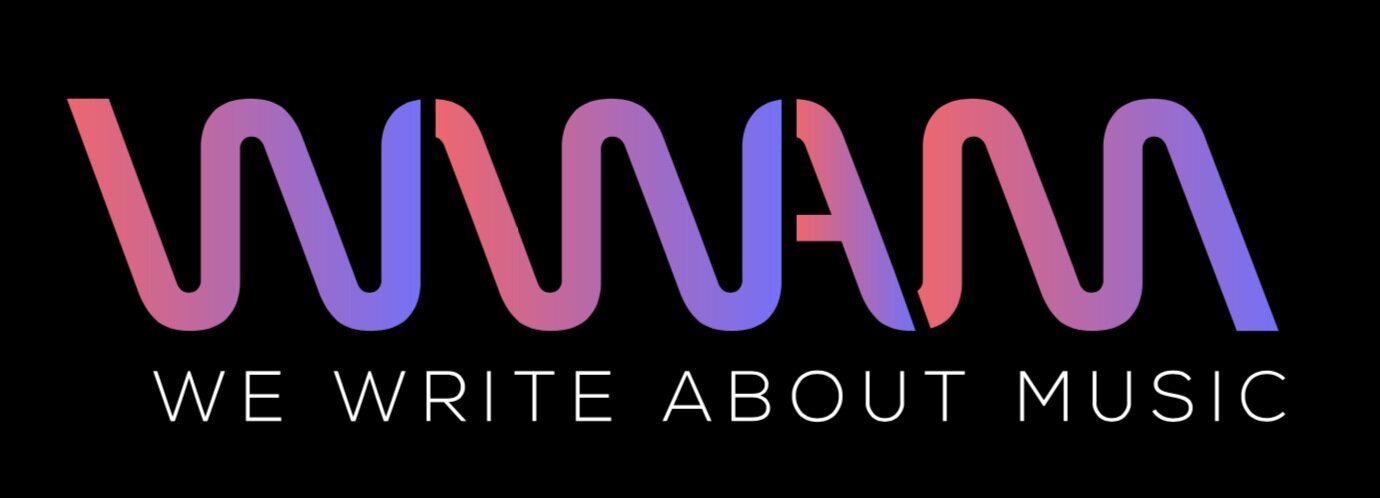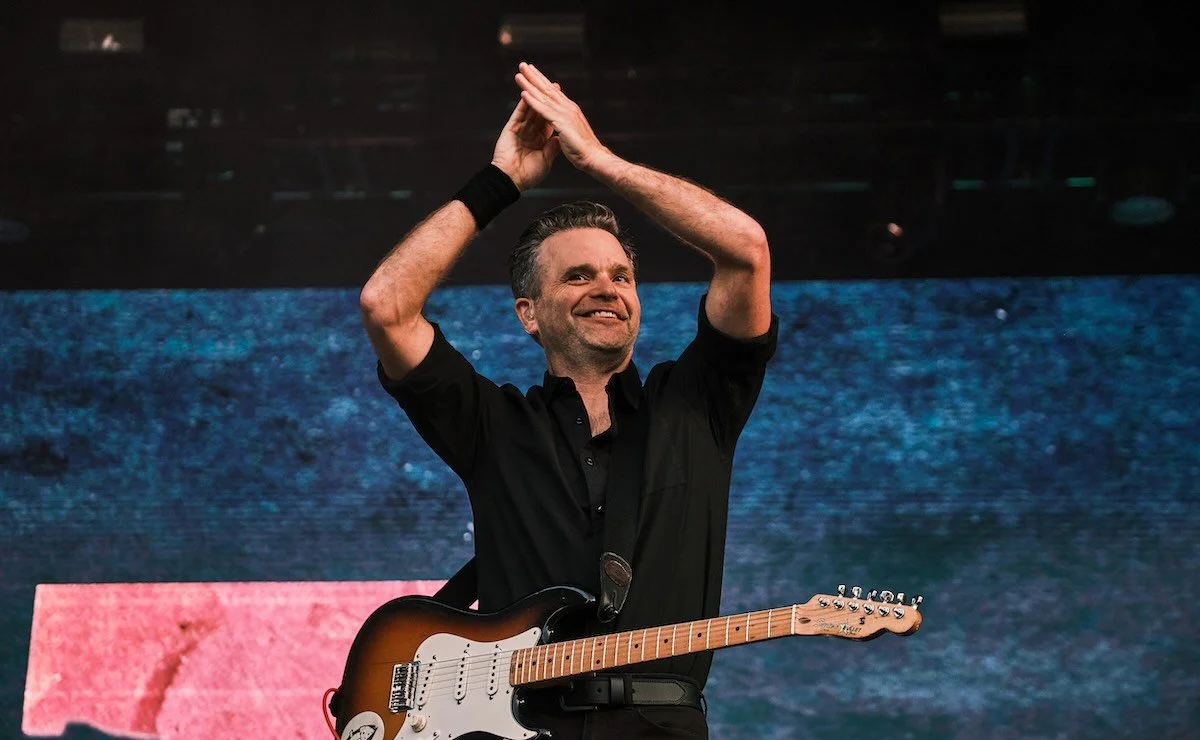Death Cab for Cutie Bring Beauty and Nostalgia to Project Pabst
At Project Pabst in Portland, Oregon, the atmosphere shifted from celebratory chaos to something almost spiritual when Death Cab for Cutie took the stage. As a headliner, the band proved why they continue to be one of the most enduring forces in indie rock, delivering a set that was as powerful as it was tender, as nostalgic as it was forward-looking. For longtime fans and casual listeners alike, it was the perfect capstone to a festival that thrives on balancing energy with emotion.
From the first notes, it was clear that this was going to be a special performance. The lighting and stage design bathed the band in warm hues that seemed to echo the emotional range of their music—melancholic but hopeful, intimate yet expansive. Every detail felt intentional, creating an atmosphere where the audience could lose themselves in sound and memory.
What stood out most was the undeniable connection between the band and the crowd. Thousands of voices rose up in unison, singing along to songs that have become the soundtrack of so many lives. It wasn’t just a performance; it was a communal experience, with fans of all ages reliving their own stories through Death Cab’s catalog. The energy was palpable, not only from the audience but from the band themselves, who, even after decades of performing, approached the material with the same sincerity and fire as they did in their early days.
Ben Gibbard’s vocals carried effortlessly across the festival grounds, tinged with both familiarity and fresh vitality. His delivery felt like a reminder that even after all these years, Death Cab for Cutie are not resting on nostalgia—they’re still evolving, still finding new ways to make their music resonate. The band’s musicianship was impeccable, each note and rhythm locking into place to create a lush and immersive soundscape.
What made the night particularly moving was how seamlessly the set balanced the past and present. The crowd was treated to all the songs they hoped to hear, but woven into the performance was a reminder that Death Cab’s story is still being written. It wasn’t a greatest hits set—it was a reflection of a career still very much alive, and a testament to the band’s enduring artistry.
As the final notes echoed into the Portland night, it was hard not to feel like this was one of those rare shows that stays with you long after it ends. Death Cab for Cutie didn’t just headline Project Pabst; they reminded everyone why they’ve remained so vital for so long. Beautiful, nostalgic, and overflowing with energy, it was the kind of set that confirmed their legacy while also proving their future remains bright.

